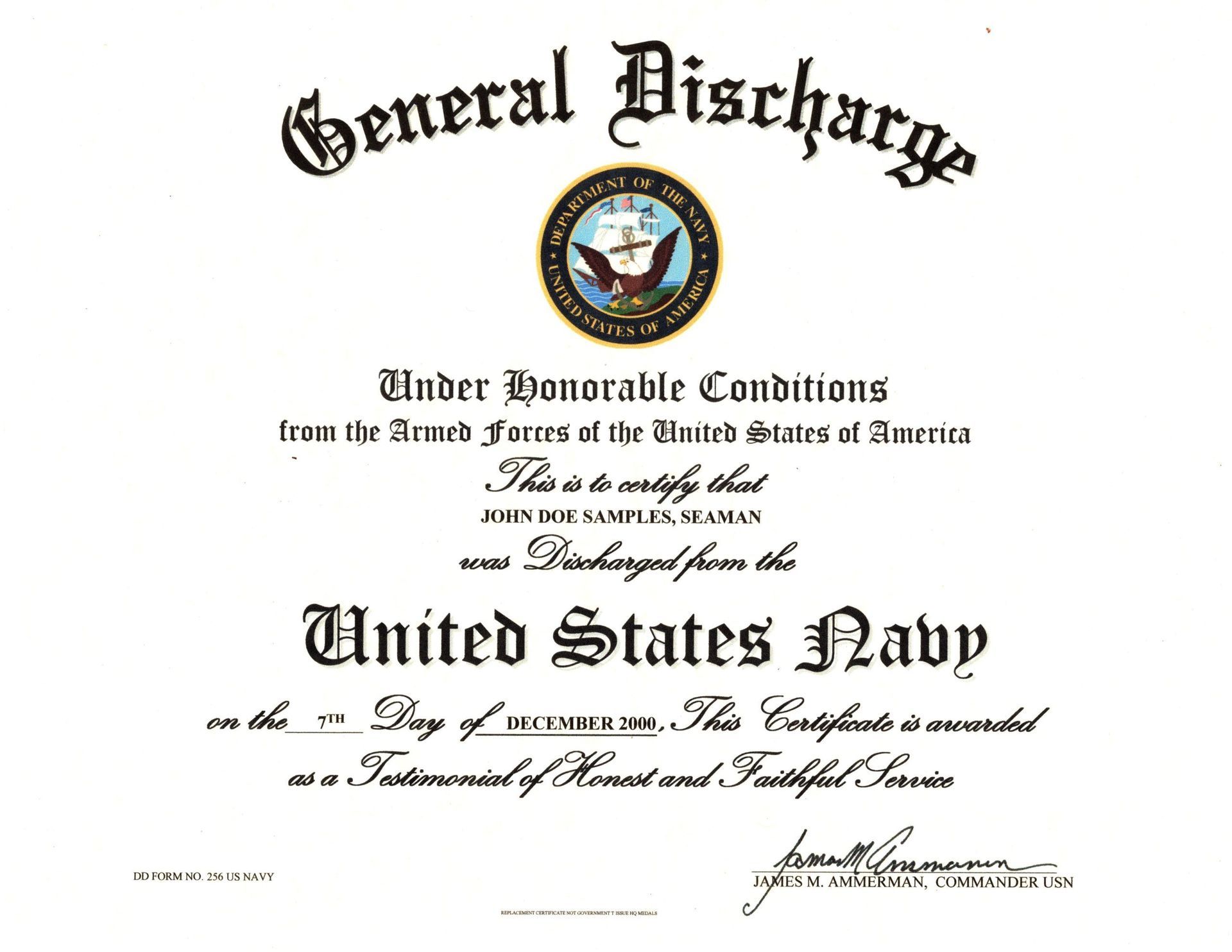How to Be Successful at Your VA C&P Exam
This is a subtitle for your new post

One of the most important steps in the VA disability process is the Compensation & Pension (C&P) exam. It isn’t treatment, it isn’t therapy, and it isn’t optional if you want your claim decided. It’s the VA’s way of gathering evidence, and the report that comes out of it will weigh heavily in your case. Too often, veterans walk into these exams unprepared and end up with a report that doesn’t match the reality of what they’re living with.
Here’s how to make sure your condition is documented fairly and accurately.
What a C&P Exam Really Is
The examiner isn’t there to provide medical care or to advocate for you. Their only job is to answer the VA’s questions: do you have the condition, how severe is it, and is it connected to your service? Some examiners are thorough and others aren’t, but either way, you need to make sure your voice is heard.
How to Prepare Before the Exam
1. Review your records. Don’t assume the examiner has read your file in detail. If your condition started in service, know where that’s documented so you can point to it if needed.
2. Track your symptoms. Keep a written log of how often symptoms occur, how long they last, and how they affect your daily life. Trying to recall everything on the spot usually leads to missing important details.
3. Understand the rating criteria. The VA uses specific standards when rating disabilities. If you know what they’re measuring (like how often panic attacks happen, or how far you can bend before pain stops you) you’ll be better prepared to explain your symptoms in a way that matches their framework.
4. Write a list. Bring a simple checklist of the points you want to cover. It’s easy to forget details in the stress of an exam.
5. Gather supporting statements. Spouses, family members, or close friends often see the day-to-day impact better than anyone else. Their written statements can be strong supporting evidence.
During the Exam
● Be honest and thorough. Veterans often downplay symptoms out of habit, but this is the time to describe the full picture. If your condition fluctuates, don’t just talk about how you feel that day - explain the range of what you experience, including your most difficult days.
● Stick to the facts. Don’t guess, don’t speculate, and don’t exaggerate. If you don’t remember something, say so. If you’ve experienced something repeatedly, explain it clearly.
● Bring a spouse or caregiver if allowed. Someone who sees you every day can help explain the impact of your condition. If they can’t be present, their statement should still be submitted.
● Stay focused. This exam isn’t the time to air frustrations about the VA. As justified as that frustration may be, it won’t help your case. Stick to your condition and how it affects your daily life.
After the Exam
You’re entitled to request a copy of your C&P report, and you should. Review it carefully. If it leaves out important information, misstates what you said, or doesn’t reflect the reality you described, that can be challenged. You can submit a statement clarifying the record, provide additional evidence, or in some cases request a new exam.
Final Thoughts
The C&P exam can feel like just another box to check, but it’s one of the most important pieces of your claim. Go in prepared, make sure you fully explain the reality of your condition, and don’t leave anything important unsaid.
We’ve guided countless veterans through this process, and the difference between a successful exam and a bad one often comes down to preparation. If your claim was denied after an exam that didn’t reflect your true condition, don’t give up. That’s where appeals come in, and we know how to fight those battles.




